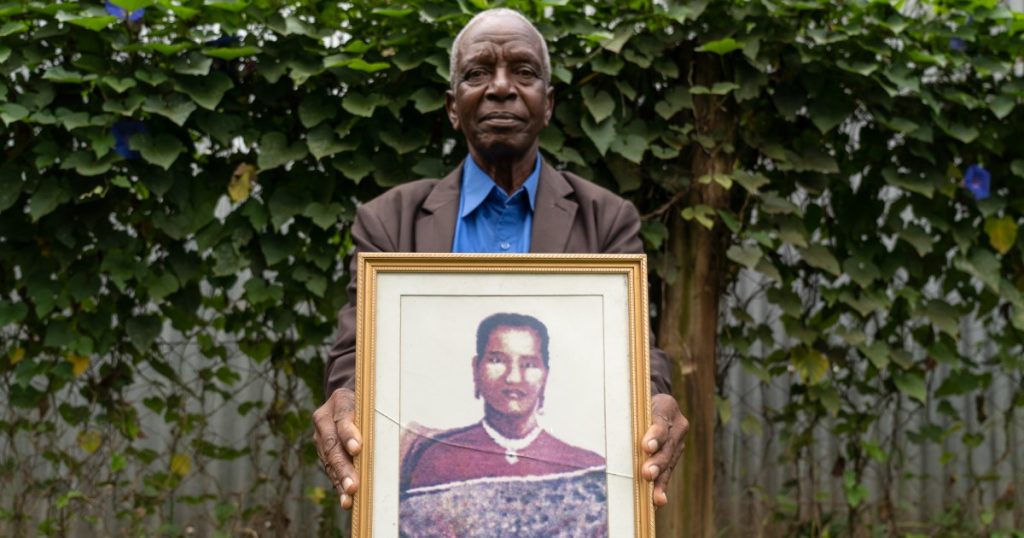The Talai clan, long-standing leaders of the Nandi tribe in Kenya, were banished to an isolated village called Kapsisiywo by the British in 1919. Surrounded by rivers and separated from the rest of their tribe, the Talai were kept under close watch by colonial chiefs loyal to the British. The Talai were once revered for their supernatural abilities, but British missionaries spread fear about them, portraying them as evil witch doctors responsible for the Nandi’s misery under colonial rule.
After the murder of Koitalel, the last leader of the Nandi, his relatives were hunted down and either killed, detained, or banished to Kapsisiywo. With the sacred leadership staffs missing, symbolizing the transfer of leadership, the Talai were left without a true leader. The British appointed a collaborator as the new leader, but he died shortly after, leaving the tribe without effective leadership. Koitalel’s first-born son, Lelimo, was recognized as the Nandi leader but was forced into hiding after killing a spy for the British, leading to a cycle of short-lived leadership and unrest within the tribe.
Koitalel’s second-born son, Barsirian Manyei, was chosen as the Nandi leader in secret, but he was arrested in 1923 for planning to restore a sacred Nandi ceremony. Manyei spent four decades as Kenya’s longest-serving political prisoner, enduring transfers between prisons and house arrests. He was eventually banished to Mfangano Island along with other Talai leaders, where they faced harsh conditions including sickness from malaria, snakes, and insects. The British closely monitored the Talai on the island, making sure none escaped and living conditions were harsh.
Cheruiyot Barsirian, the grandson of Koitalel, recalls the difficult life on Mfangano Island, where he was detained with his father, Manyei, at a young age. Food rations from the British sustained them, and the colonial officers monitored their every move to prevent any Talai from escaping. Life on the island was challenging, with mud homes built in straight lines for easy monitoring and frequent counts by colonial officers. Despite these hardships, the Talai remained resilient and continued to uphold their traditions and culture in exile.
The legacy of the Talai clan and the struggle for leadership among the Nandi tribe serves as a reminder of the lasting impact of colonialism in Kenya. The loss of Koitalel and the continued suppression of the Talai’s leadership led to decades of internal strife and instability within the tribe. Despite facing persecution and exile, the Talai continued to resist colonial oppression and preserve their cultural heritage. Their story sheds light on the resilience and determination of the Nandi people in the face of adversity and serves as a testament to the enduring spirit of the Talai clan.


